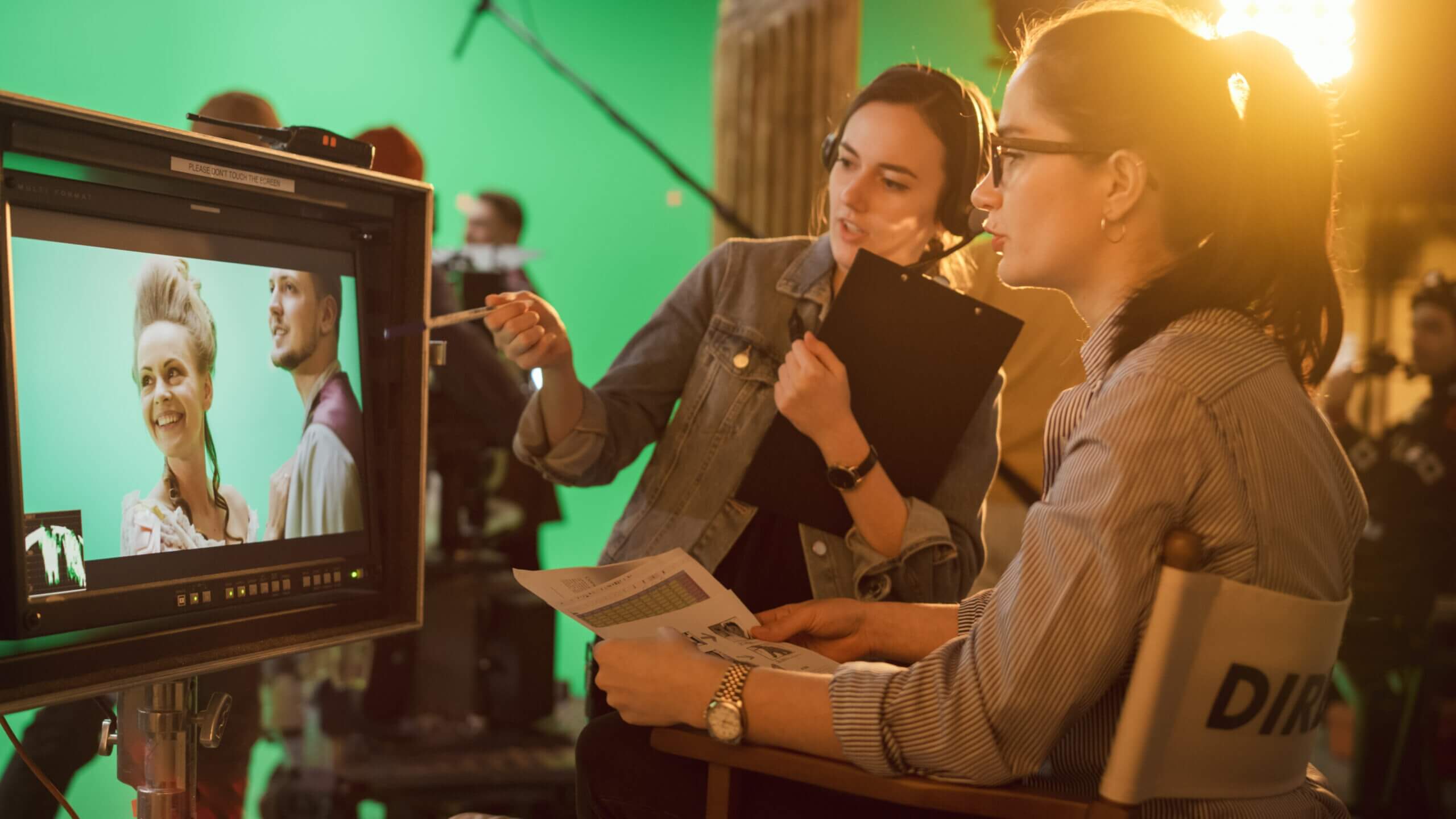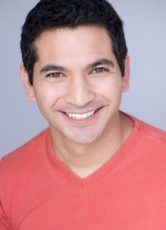
What makes an actor outstanding in his or her abilities? Ken Rea with Guildhall School of Music & Drama has taught performers for over three decades, and he’s gained insights as to what approaches reap the greatest rewards. In his interactive lecture titled “Training the Outstanding Actor,” Rea shares several tips to help his students strive to become exceptionally skilled actors. Here are six of the tips:
1. Take risks.
Thespians are often told to “take risks” with their performances to encourage fresh, imaginative ideas. But Rea finds this wording tends to be received with a bit of resistance. “Some of you act as if someone is asking you to jump off a cliff,” he says, reminding his students that audiences don’t yearn to watch very bland performances. On the other hand, too much risk-taking is not helpful either. “Of course, you shouldn’t be outrageous all the time. That would just be frantic,” he warns. “It’s important to keep a balance.” In his classes, Rea makes a point to award one student per week with a Most Joyous Risk-Taking Medal.
2. Keep a positive frame of mind.
Before going on an interview or audition, Rea advises actors to put themselves in a positive frame of mind. It can make all the difference as to how they’ll be perceived. If insecurities are invading the mind, such as thinking, “I don’t believe I’m right for this part,” or “I don’t think this casting director likes me”, performers tend to cut off their eye contact and speak in an unenthusiastic manner. He encourages actors to try their best and to convert any doubts to empowering thoughts. With a positive frame of mind, the person tells themself, “I feel I’m just right for this job. I’m getting along really well with this casting director. And I love talking about my passion for acting.”
3. Set your goals high.
“Who aspires to mediocrity?” Rea asks. It’s important to set goals high enough, and then to break them down into smaller, doable tasks. He reminds his students of Michelangelo’s words: “The greater danger for most of us lies not in setting our aim too high and falling short, but in setting our aim too low, and achieving our mark.”
4. Growth mindset vs. fixed mindset.
According to Carol Dweck’s book “Mindset,” a constant fear of judgement stems from a core belief that people have a set amount of intelligence and talent. People who have this “fixed mindset” assume that struggling to learn and making mistakes indicates they’re not so smart or talented, and so they avoid challenges and may even stop trying altogether. On the other hand, people who exhibit a “growth mindset” believe talent and intelligence are things that one must work toward. With enough effort and the right strategy, they believe they can improve at whatever they set their minds to. With this in mind, Rea tells his students they can choose between these two ways of thinking. He encourages them to keep a growth mindset, and to regard failure as necessary to achieving success. A growth mindset makes sense of a failure by saying, “I took a risk, I made a good contact, and I can learn from this experience.” A fixed mindset responds to that same failure by saying, “I’m not as good at acting as the others, and I’m bound to fail.”
5. Effort wins over talent.
The biggest predictor of success, according to the research of psychologist Angela Duckworth, is not talent, but effort. Her numerous studies and best-sellers such as “Grit,” consistently show that a sustained effort toward a long-term goal is the biggest predictor of lifelong achievement. Rea encourages performers to work just beyond their comfort zone and work twice as hard as others. Time management is important in order to sustain one’s efforts. He also suggests actors surround themselves with motivational people.
6. Focus on values.
“If you get your values right, your work will never come across as arrogant, cynical, or patronizing; you’ll never look vain — all of these things that turn an audience off,” Rea insists. Which values is he talking about? Working with enthusiasm, showing generosity towards others, and cultivating curiosity. When people exhibit curiosity, others are more likely to want to help them. And being generous with others takes the pressure off of you and helps everyone better enjoy their work.
Want to get your acting career started? Sign up or login to Casting Frontier and start auditioning today!
Related articles:
Wrap Up Your Commercial Audition With a Button
8 Tips for Answering ‘Tell Me About Yourself’
Union vs. Non-Union Commercial Jobs




